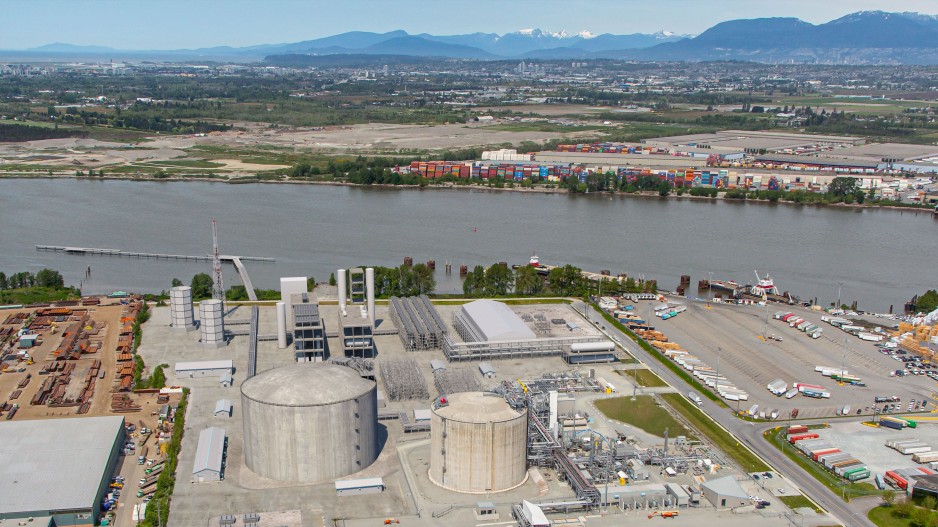Bosch to Invest $200 Million in South Carolina Hydrogen


It seems like it’s another day, another multinational tech giant investing another massive amount of money into the American South. This time, it’s Bosch, who recently announced plans for a $200 million investment at its Anderson, South Carolina, facility to build hydrogen fuel-cell stacks for Class 8 semi trucks.
Work has already begun on upgrades, which include adding an estimated 147,000 square feet of floor space to the already sprawling facility, specifically earmarked for fuel-cell manufacturing and related operations, according to the Bosch press release.
“The hydrogen economy holds great promise and at Bosch we are all in,” says Mike Mansuetti, president of Bosch in North America. “This is a significant milestone as we announce the first fuel-cell related production for Bosch in the US to support the growing demand from our local customers as part of a diverse approach to powertrain technology.”
The investment in the South Carolina area is being supported by the local government, with financial assistance (think: tax breaks) coming from the state of South Carolina, as well as Anderson County (where the plant is located). “Helping Bosch to be among the first to commercialize fuel cell stack production in the US speaks to the strength of our manufacturing industry and workforce. We are grateful for Bosch’s commitment to our state and look forward to strengthening our partnership,” said South Carolina Governor Henry McMaster, who conveniently forgot to mention the fact that South Carolina is the least unionized state in the nation– a status the super gross McMaster has sought to maintain, while actively fighting measures from OSHA intended to keep his state’s workers safe.
Back to the clean tech topic at hand, however– Bosch has been in the hydrogen fuel cell business since at least 2019, when the company partnered with Powercell to develop fuel cell stacks for vehicles like the Nikola electric semi. Bosch later stepped back its partnership with Nikola in the wake of SEC fraud allegations leveled against the company’s then-CEO, Trevor Milton.
Much has changed since then, however– and the American semi brand has begun delivering BEV versions of its Tre class 8 truck, while development on the Two over-the-road semi continues. The expansion in South Carolina would, theoretically, reinforce the company’s ability to qualify for the new Federal and state incentive programs.
That’s good, because fuel cell manufacturing is incredibly complicated. “In order to successfully bring fuel cell technology to market in mass scale, it requires a combination of extensive experience in research and development, systems integration and complex manufacturing process,” said Mike Mansuetti, president of Bosch in North America. “Bosch is unique in its ability in all these areas. The work we have already done in commercializing fuel cell technology builds on our extensive experience in developing and manufacturing products for the internal combustion engine at scale.”
Bosch plans to be among the first to market with large-scale HFC production, and this announcement follows another recent announcement to invest more than $1 billion USD globally to develop more fuel cell technologies by 2024.
Source | Images: Bosch.
Appreciate CleanTechnica’s originality and cleantech news coverage? Consider becoming a CleanTechnica Member, Supporter, Technician, or Ambassador — or a patron on Patreon.
Don’t want to miss a cleantech story? Sign up for daily news updates from CleanTechnica on email. Or follow us on Google News!
Have a tip for CleanTechnica, want to advertise, or want to suggest a guest for our CleanTech Talk podcast? Contact us here.
Advertisement
This post has been syndicated from a third-party source. View the original article here.




